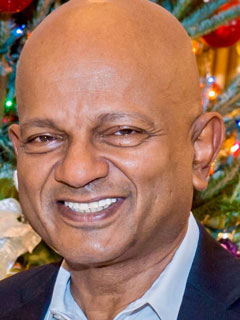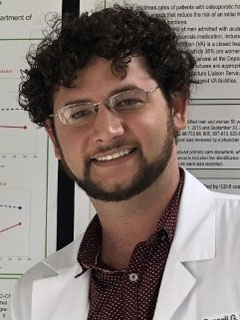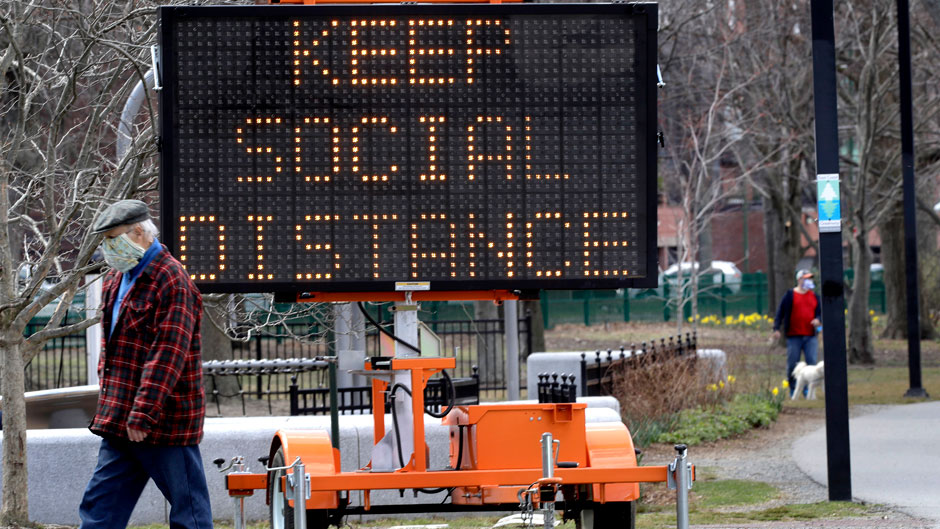
Two University of Miami researchers are investigating how much people truly know about COVID-19—and whether they would be willing to take a drug to prevent themselves from getting the disease, if one existed.
Dr. Dushyantha T. Jayaweera, a professor of medicine in the infectious disease research unit at the Miller School of Medicine, and public health graduate student Russell Saltzman often work together on clinical trials. Recently, they were brainstorming ways to help slow the spread of coronavirus, and Saltzman thought it would be helpful to find out if people are receiving the correct information about the virus that has prompted a global pandemic.
“I’ve heard people say that there has been a lot of inconsistent messaging by the authorities about COVID-19, so we wanted to figure out where the misconceptions lie,” said Saltzman, who is also a clinical research coordinator at the Interdisciplinary Stem Cell Institute at the Miller School.
Both Saltzman and Jayaweera acknowledged the constant government advisories are a lot to keep up with—even for health care professionals—but said it is their goal to ensure that the public has as much information as possible to stay healthy.

“Things are moving so fast that it’s easy to be out of the loop, so it’s important to know what people know to inform the policymakers,” Saltzman said. “If we can identify gaps in knowledge, that can help focus efforts for disseminating information about the disease.”
After about a month of data collection, the two will publish their research, making it accessible to government agencies and state health departments, Jayaweera said.
To gather the information, Saltzman created a 10-minute electronic survey and made it available through social media and several email listservs. The researchers hope participants will share it with friends so they can gain 10,000 participants from around the country.
Also through the survey, Jayaweera and Saltzman hope to gauge public attitudes toward a study that would examine the use of a drug called hydroxychloroquine (HCQ) as a medication to prevent or slow the transmission of COVID-19. In two to three weeks, Jayaweera will begin a clinical trial funded by the National Institutes of Health examining whether the drug can help prevent infection in health care providers and shorten the disease course in general.
To participate in the survey, visit https://umiami.qualtrics.com/jfe/form/SV_blNe3xhV8Xx4uGN. [Note: This survey has closed.]

